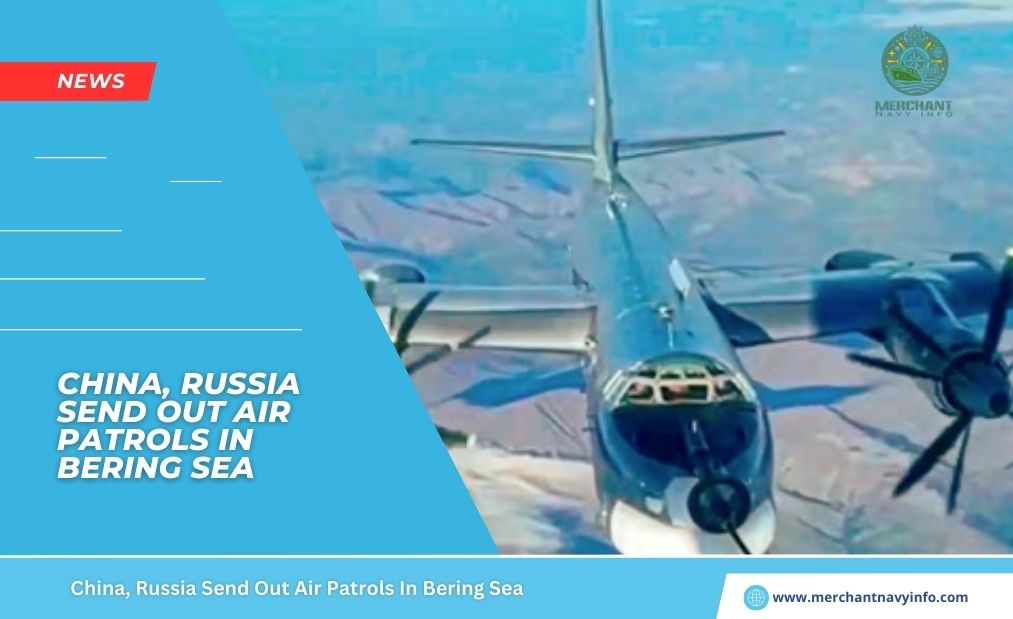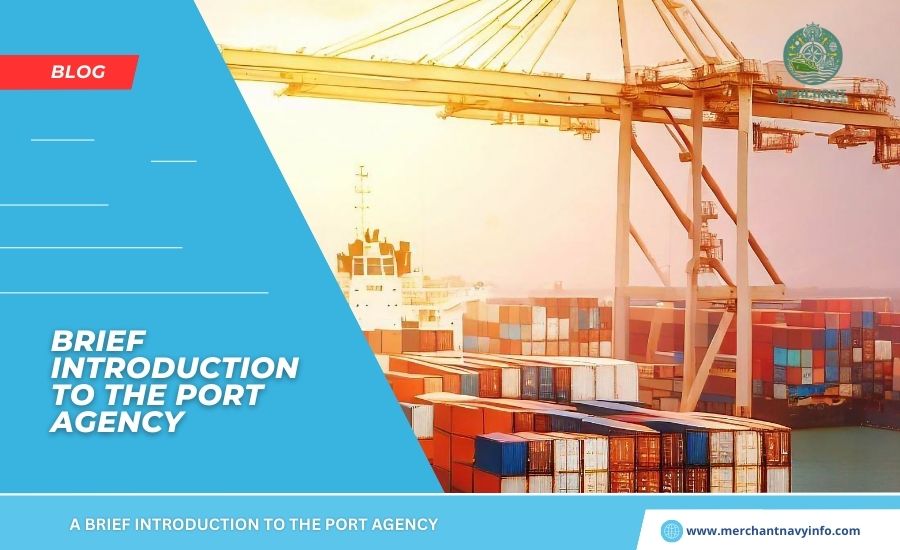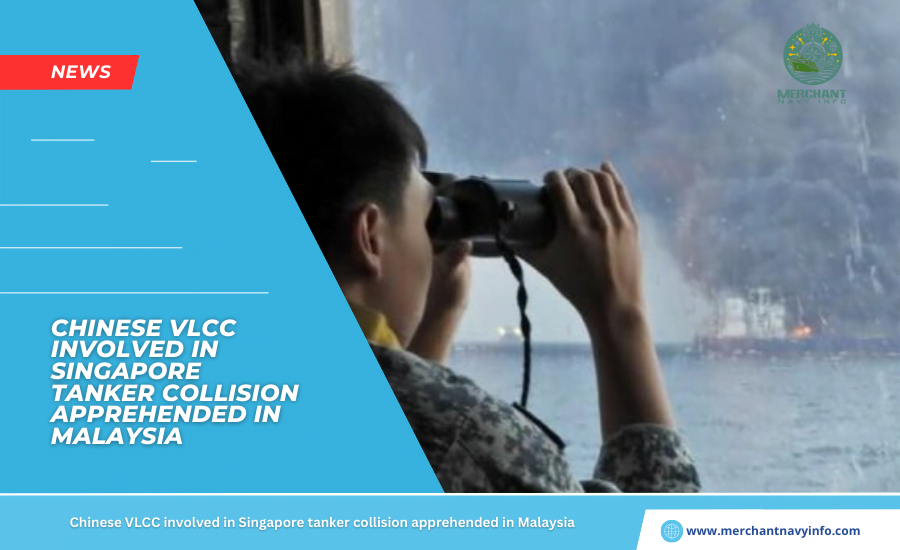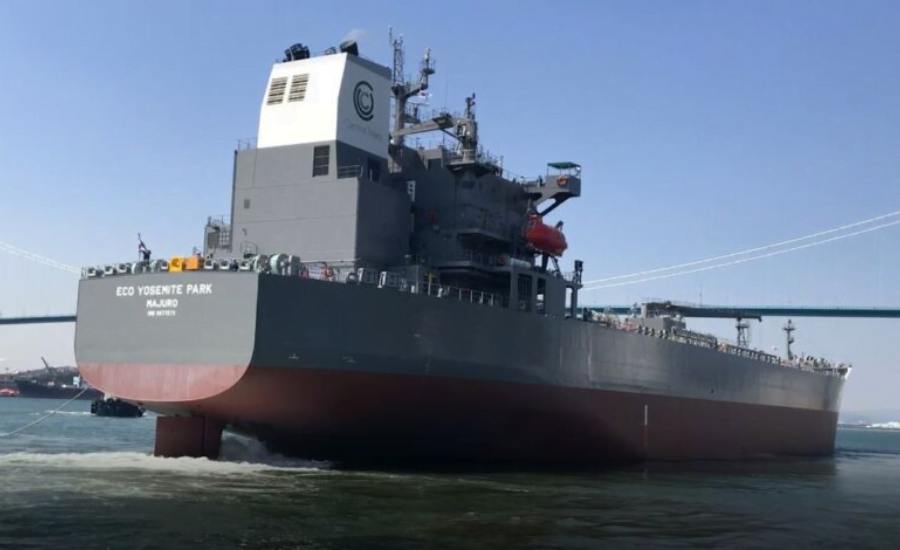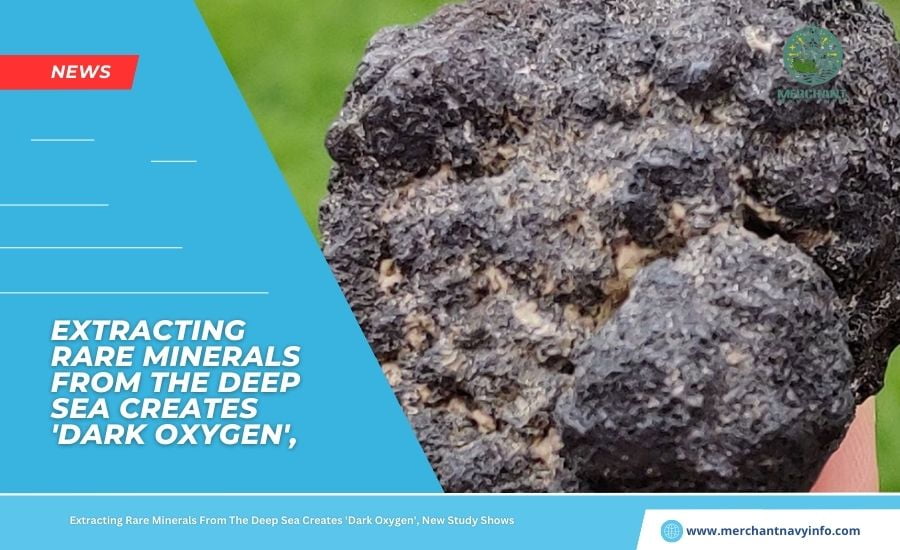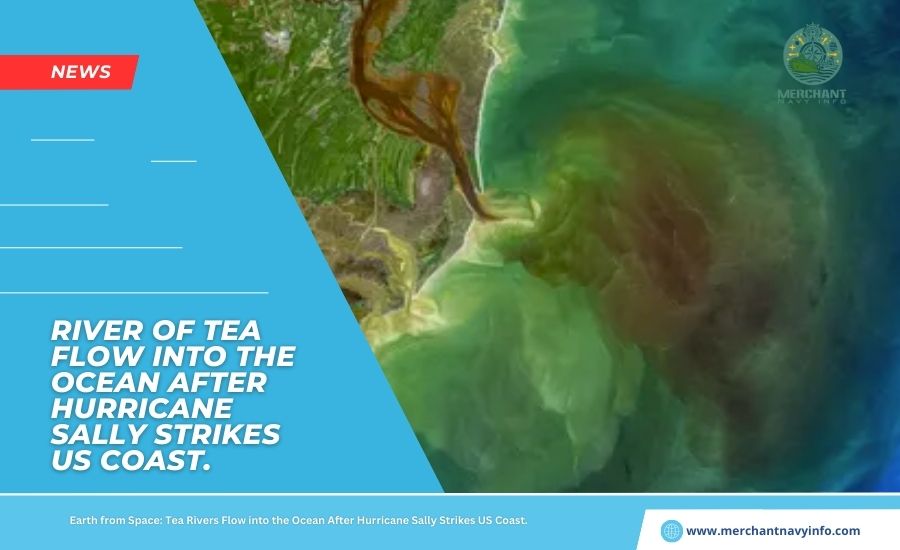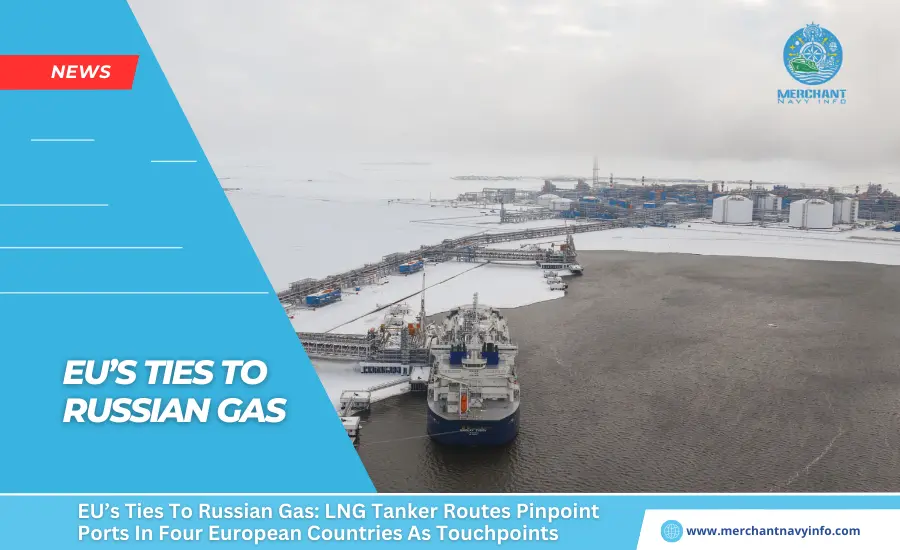
When so-called gas weaponization entered the global scene in the wake of the Ukraine crisis. The EU’s quickly imposed sanctions on the Russian Federation in the hope of bringing the world’s largest country into line. These sanctions have led to a rewriting of the world oil map. While demand for black gold remains strong despite forecasts of peak oil demand. Europe does not reduce consumption. But replaces Russian barrels by receiving more imported oil from a different group of producers. Such as the United States, Saudi Arabia, Brazil and Angola. Faced with energy price shocks in 2022, policymakers sought to replace coal with more natural gas. The fossil fuel with the lowest emissions, alleviates hunger. Energy is increasing, and the energy transition program is being promoted.
Analysis highlights the extent to which these four EU countries continue to facilitate LNG shipments from Russia. Emphasizes that Moscow is more dependent on the EU for LNG trade than Russia and vice versa. Therefore, Urgewald believes that this is where the EU has strong leverage to impose sanctions. Furthermore, NGO analysis of Kpler, a merchant shipping database. Highlights that Russia’s largest LNG export terminal, Sabetta, is operated by the national company Novatek. On the Yamal peninsula in Siberia and depends almost entirely on exports to Europe. According to the NGO, Russia’s flagship Yamal LNG project. Depends on access to EU ports and 15 Arc7-class icebreaking LNG tankers built specifically for the project.
Urgewalds Data Analysis
Urgewald’s data analysis further highlights that nearly 90% of Yamal’s total exports are carried out year-round by these Arc7 tankers. Taking this into account, these ships will have to accept much longer shipping routes. If they are not capable of unloading or loading in EU waters. Therefore, German environmental groups consider these ports to be of vital importance for Russia. This phenomenon is further emphasized by the travel time to the nearest ports in Türkiye, which is at least two weeks, while the journey from Yamal to Zeebrugge takes six to seven days. Sebastian Rötters, energy campaigner and Kepler data analyst at Urgewald, said: “Even two years after the start of the war of aggression, the EU remains the center of Russia’s liquefied gas trade.
However, although Russia is significantly more dependent on the EU’s than vice versa, member states do not even ban LNG loading on other ships in their waters or re-exports from the EU to Asia. “The German federal government must ensure that the EU completely bans Russian LNG imports and sanctions ships calling at Russian LNG ports. As a result, exports from Yamal will practically stop because Novatek simply lacks alternatives between buyers and tankers. The new Arc7 tanker did not appear due to US sanctions.
The EU Must Finally Use This Effective Leverage
Since the start of the Russia-Ukraine Known conflict on February 24, 2022, the NGO highlights that 34 million tons of LNG have been transferred from Yamal to EU’s ports or transshipped in EU’s waters, corresponding to more than half of German gas consumption in 2023. It is estimated that at least 6.6 million tons, or about 20% of total deliveries, were transported through Europe to abroad in Europe.
Meanwhile, the possibility of expanding EU’s sanctions on LNG imports was a hot topic at Monday’s meeting of EU energy ministers after more than 60 members of the European Parliament Europe sent a letter to the European Commission President Ursula von der Leyen calling for a ban on LNG imports. Import gas from Russia. Recently, a coalition of 7 non-governmental organizations also sent a letter encouraging the European Commission to set a date for phasing out fossil fuels in the roadmap for the European goal by 2040 following the conclusion of the UN COP28 climate talks with a call to abandon all fossil fuels.


